@Rocktavious
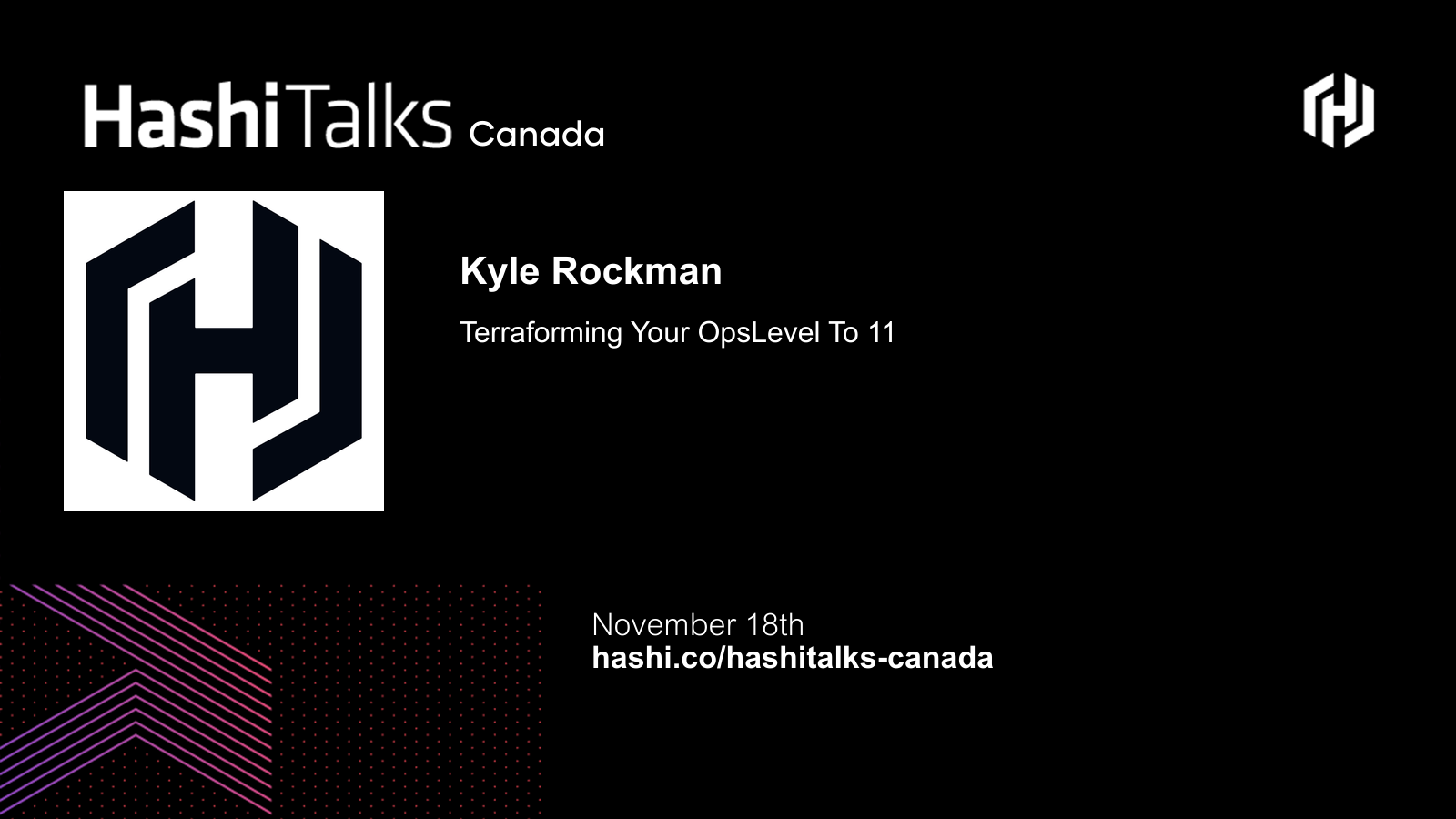

Today
I'm going to show you

How you can use a "rubric as code" to improve your organization's service ownership and maturity
Who am I
Platform Team @ OpsLevel
Develop Tools & Support our Developers
HashiCorp - Terraform, Vault
Github, Twitter - @Rocktavious
Kyle Rockman


Agenda
Service Ownership
Service Maturity
Overview of Solution
Live Demo
Recap / Conclusion
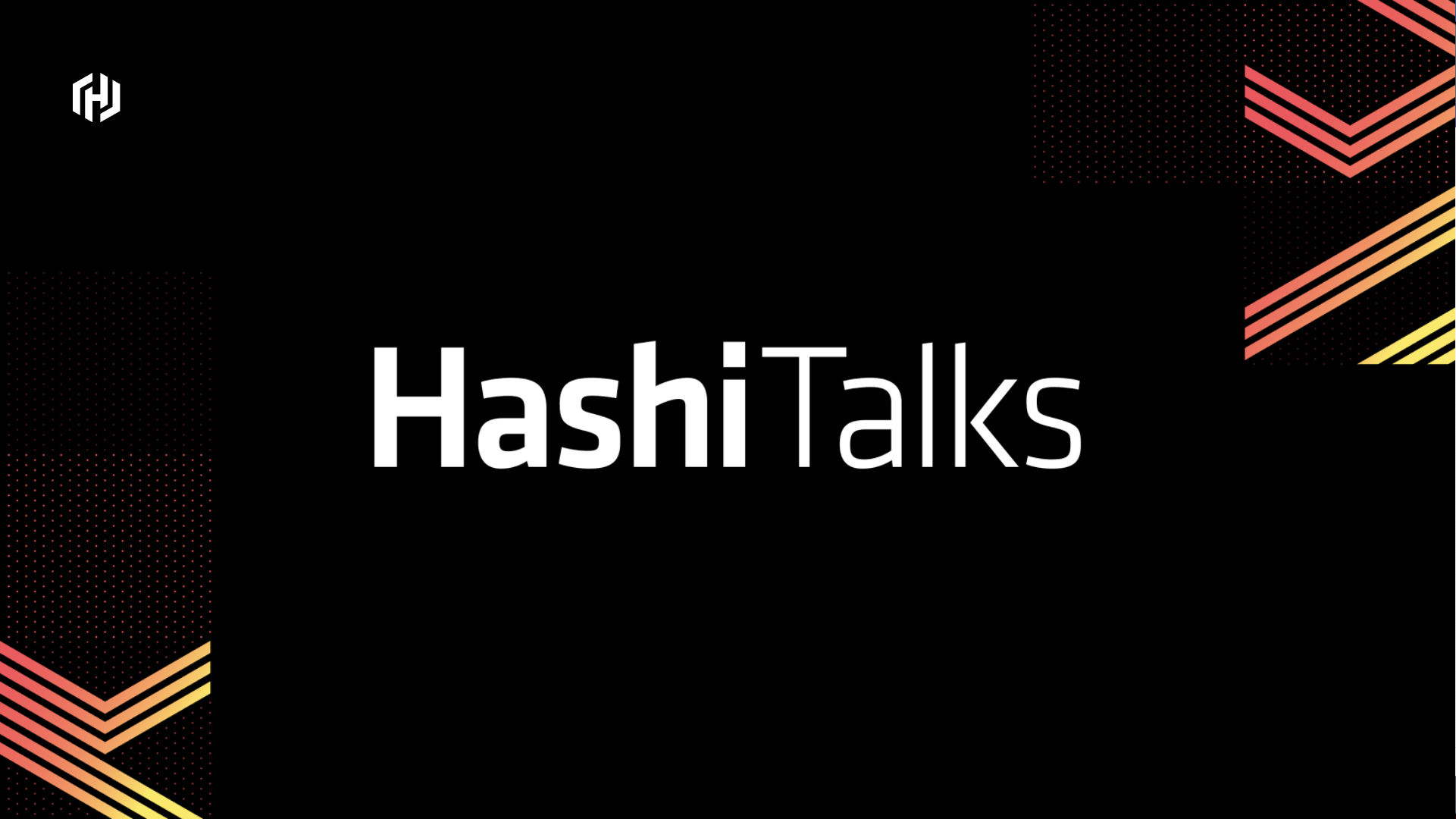
What does
Service Ownership
really mean?
(And why does it matter?)

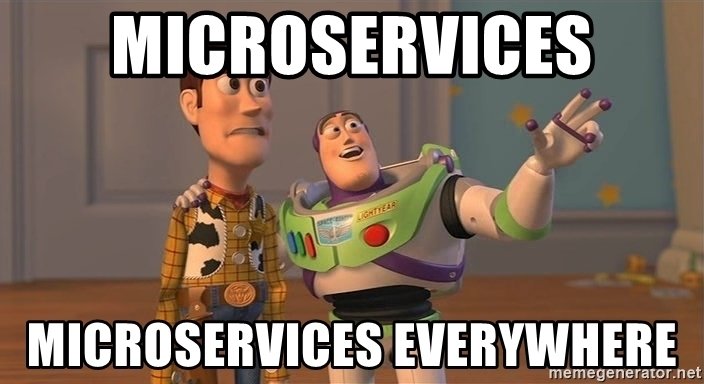
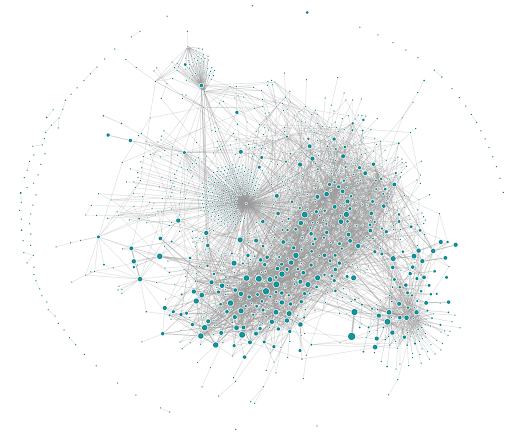
"You Build It, You Run It" – Inputs
-
Autonomy: Dev teams control how their services are built and run in production
-
Accountability: All services have ownership. No more pages for orphaned or neglected services
"You Build It, You Run It" – Outputs
-
Speed: Meeting SLOs? Then ship as fast/as often as you want
-
Resiliency: Deep knowledge of a service and pride in ownership
Ok, What's next?
Service Maturity
Let me explain...


Maturity–it's not magc
Continuous Improvement–the setup
-
Set clear standards (minimums) and goals (aspirations)
-
Put those objectives in context–explain why
-
Prioritize ruthlessly–make it simple for owners to know what to focus on
Continuous Improvement–the action
-
Owners work through maturity tasks and level up their services incrementally
-
Iterate and adapt–build the muscles so that service owners are ready for anything
-
Reduce friction–give guidance on how, but don't micromanage (& don't forget automation)
Enter
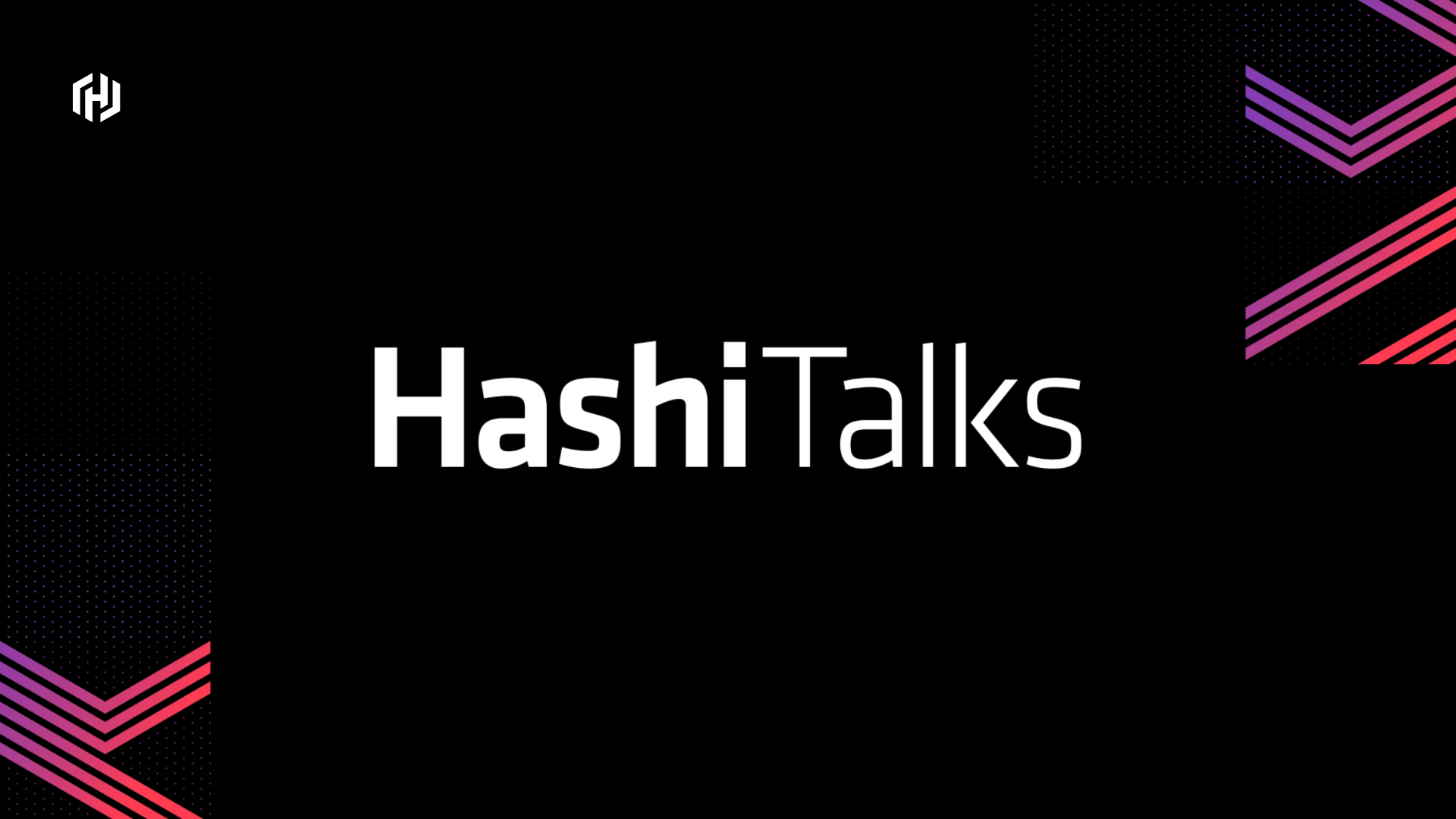

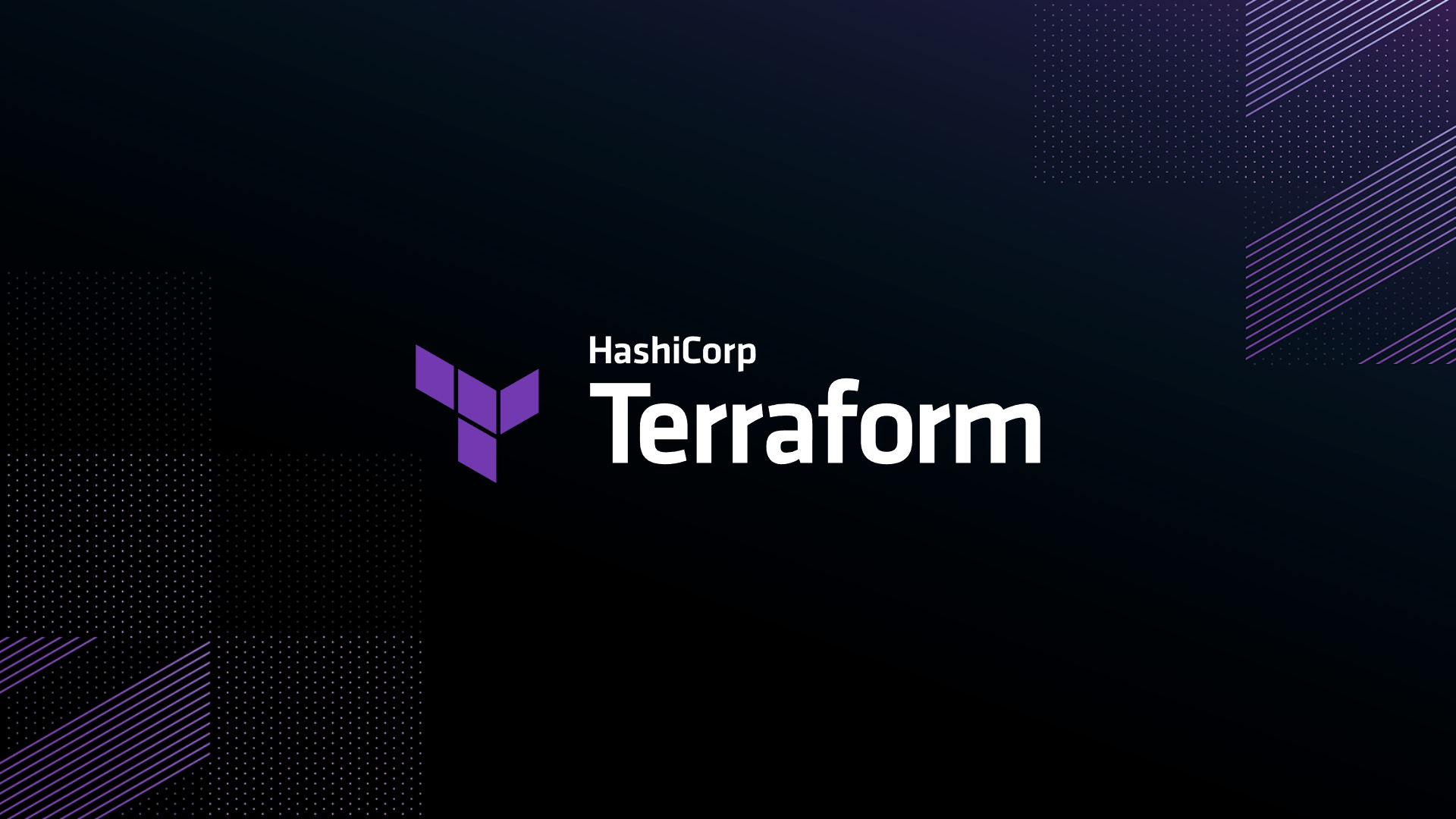
Building a
Terraform Provider

Data, Data, Data
End User Experiance
API with full CRUD
resource "opslevel_filter" "tier1" {
name = "foo"
predicate {
key = "tier_index"
type = "equals"
value = "1"
}
connective = "and"
}resource "opslevel_service" "foo" {
name = "foo"
description = "foo service"
framework = "rails"
language = "ruby"
lifecycle_alias = data.opslevel_lifecycle.beta.alias
tier_alias = data.opslevel_tier.tier3.alias
owner_alias = opslevel_team.foo.alias
aliases = ["bar", "baz"]
tags = ["foo:bar"]
}data "opslevel_rubric_category" "security" {
filter {
field = "name"
value = "Security"
}
}
data "opslevel_rubric_level" "bronze" {
filter {
field = "name"
value = "Bronze"
}
}
data "opslevel_team" "devs" {
alias = "developers"
}
data "opslevel_filter" "tier1" {
filter {
field = "name"
value = "Tier 1"
}
}
resource "opslevel_check_manual" "example" {
name = "foo"
enabled = true
category = data.opslevel_rubric_category.security.id
level = data.opslevel_rubric_level.bronze.id
owner = data.opslevel_team.devs.id
filter = data.opslevel_filter.tier1.id
update_frequency {
starting_data = time_static.initial.id
time_scale = "week"
value = 1
}
update_requires_comment = false
notes = "Optional additional info"
}resource "opslevel_service" "foo" {
name = "foo"
description = "foo service"
framework = "rails"
language = "ruby"
lifecycle_alias = data.opslevel_lifecycle.beta.alias
tier_alias = data.opslevel_tier.tier3.alias
owner_alias = opslevel_team.foo.alias
aliases = ["bar", "baz"]
// Collapse all tags into a single list
tags = ["foo:bar", "baz:bar"]
}resource "opslevel_service" "foo" {
name = "foo"
description = "foo service"
framework = "rails"
language = "ruby"
lifecycle_alias = data.opslevel_lifecycle.beta.alias
tier_alias = data.opslevel_tier.tier3.alias
owner_alias = opslevel_team.foo.alias
aliases = ["bar", "baz"]
}
resource "opslevel_service_tag" "foo_environment" {
service = data.opslevel_service.foo.id
key = "foo"
value = "bar"
}
resource "opslevel_service_tag" "baz_environment" {
service = data.opslevel_service.foo.id
key = "baz"
value = "bar"
}https://github.com/hashicorp/terraform-plugin-docs
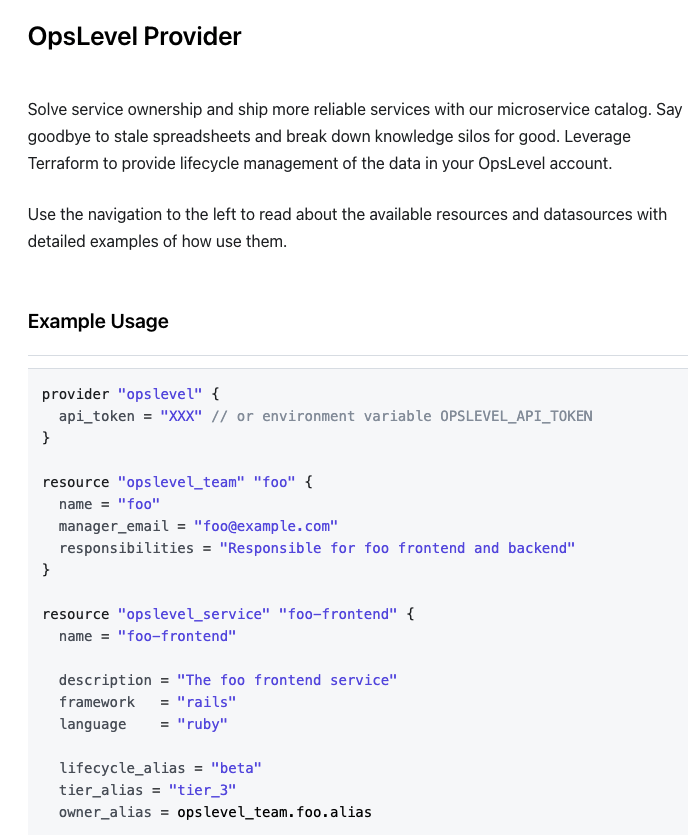
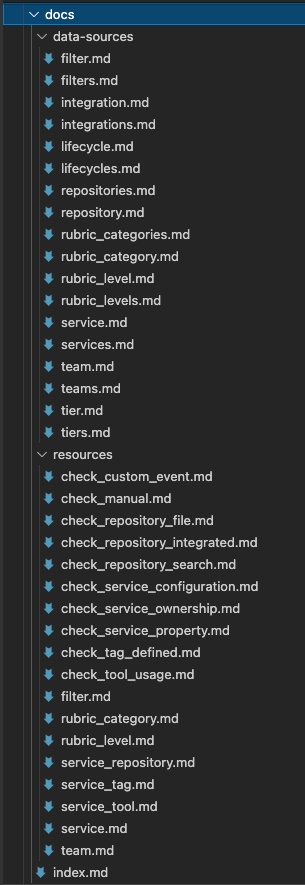
func datasourceTier() *schema.Resource {
return &schema.Resource{
Read: wrap(datasourceTierRead),
Schema: map[string]*schema.Schema{
"filter": getDatasourceFilter(true, []string{"alias", "id", "index", "name"}),
"alias": {
Type: schema.TypeString,
Computed: true,
},
"index": {
Type: schema.TypeInt,
Computed: true,
},
"name": {
Type: schema.TypeString,
Computed: true,
},
},
}
}
func datasourceTierRead(d *schema.ResourceData, client *opslevel.Client) error {
results, err := client.ListTiers()
if err != nil {
return err
}
field := d.Get("filter.0.field").(string)
value := d.Get("filter.0.value").(string)
item, itemErr := filterTiers(results, field, value)
if itemErr != nil {
return itemErr
}
d.SetId(item.Id.(string))
d.Set("alias", item.Alias)
d.Set("index", item.Index)
d.Set("name", item.Name)
return nil
}func exportServices(c *opslevel.Client, shell *os.File, directory string) {
services, err := c.ListServices()
cobra.CheckErr(err)
for _, service := range services {
serviceMainAlias := makeTerraformSlug(service.Aliases[0])
file := newFile(fmt.Sprintf("%s/opslevel_service_%s.tf", directory, serviceMainAlias), false)
aliases := flattenAliases(service.Aliases)
if len(aliases) > 0 {
aliases = fmt.Sprintf("aliases = [\"%s\"]", aliases)
}
tags := flattenTags(service.Tags.Nodes)
if len(tags) > 0 {
tags = fmt.Sprintf("tags = [\"%s\"]", tags)
}
file.WriteString(templateConfig(serviceConfig, serviceMainAlias, service.Name, service.Description, service.Product, service.Framework, service.Language, flattenLifecycle(service.Lifecycle), flattenTier(service.Tier), flattenOwner(service.Owner), aliases, tags))
shell.WriteString(fmt.Sprintf("# Service: %s\n", serviceMainAlias))
shell.WriteString(fmt.Sprintf("terraform import opslevel_service.%s %s\n", serviceMainAlias, service.Id))
for _, tool := range service.Tools.Nodes {
toolTerraformName := makeTerraformSlug(fmt.Sprintf("%s_%s", serviceMainAlias, getToolTerraformName(tool)))
file.WriteString(templateConfig(serviceToolConfig, toolTerraformName, serviceMainAlias, tool.DisplayName, tool.Category, tool.Url, tool.Environment))
shell.WriteString(fmt.Sprintf("terraform import opslevel_service_tool.%s %s:%s\n", toolTerraformName, service.Id, tool.Id))
}
for _, edge := range service.Repositories.Edges {
for _, serviceRepo := range edge.ServiceRepositories {
repo := serviceRepo.Repository
repoName := makeTerraformSlug(repo.DefaultAlias)
serviceRepoTerraformName := fmt.Sprintf("%s_%s", serviceMainAlias, repoName)
file.WriteString(templateConfig(serviceRepoConfig, serviceRepoTerraformName, serviceMainAlias, repoName, serviceRepo.DisplayName, serviceRepo.BaseDirectory))
shell.WriteString(fmt.Sprintf("terraform import opslevel_service_repository.%s %s:%s\n", serviceRepoTerraformName, service.Id, serviceRepo.Id))
}
}
file.Close()
}
}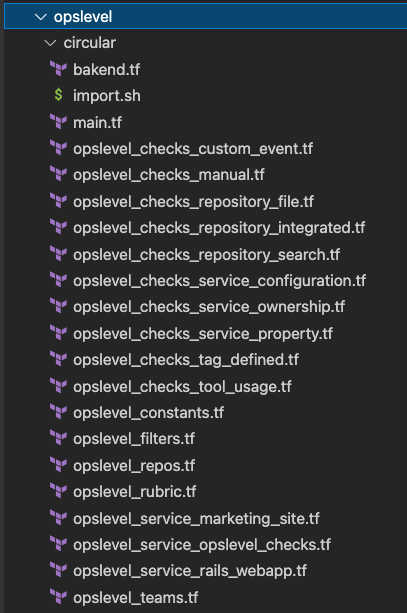
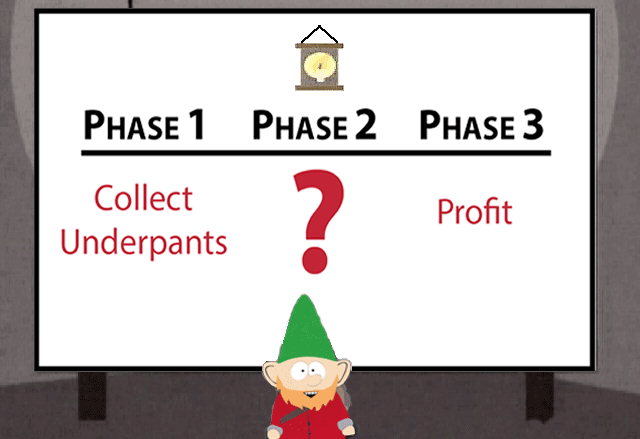
Build
Terraform
Provider
Live Demo


Recap


Service Ownership
Service Maturity
OpsLevel as a Solution
Custom Terraform Provider
End to End Solution
https://www.opslevel.com/request-demo/
@Rocktavious
https://slides.com/rocktavious/terraforming-opslevel


Thanks!